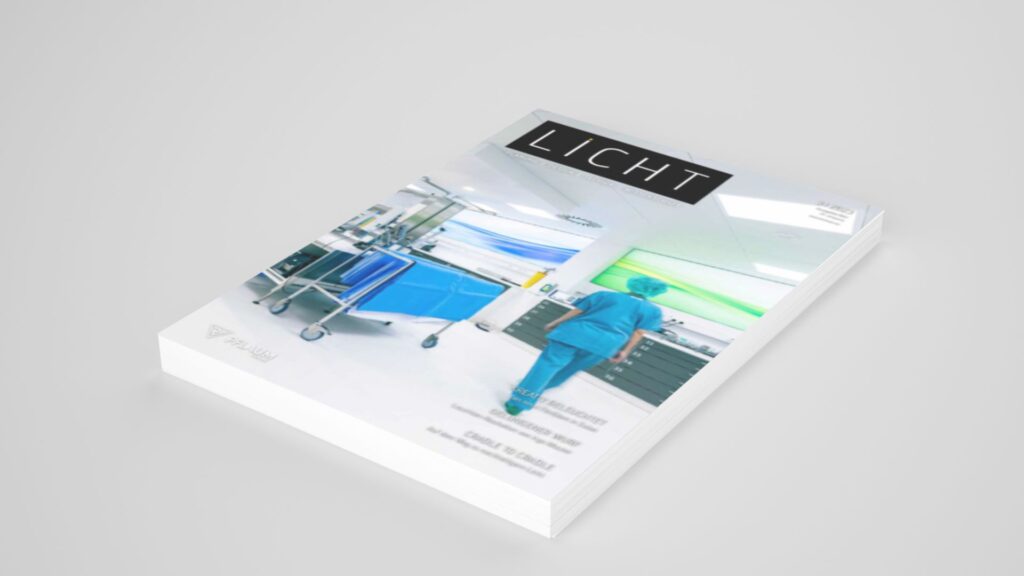No topic has been as present in recent times as sustainability and the saving of energy resources. Lighting products also consume large amounts of natural resources and energy, leading to a number of relevant environmental impacts. By comparing the environmental impact of products with a similar function and performance, there is considerable potential for relieving the burden on the environment and, in particular, reducing greenhouse gas emissions.
The new Ecodesign Directive aims to make it easier to compare electronic devices. However, the implications of this directive have not yet reached all key players.
With its introduction in May 2021, the new ecodesign directive also brings with it an innovation in energy labeling. According to this, since February 2023, all new light sources placed on the market must be provided with the new energy consumption label. In addition, the registration obligation in the so-called EPREL database (EU Product Registry for Energy Labelling) applies. Detailed information about the product and product quality is stored in this database, such as information on service life, water consumption, noise emissions, the warranty period or the availability of spare parts. For LED light sources, luminaire manufacturers and retailers are responsible for the information and must document parameters such as flicker measure (PstLM) and stroboscopic effect (SVM).
In the following article, you can read about the other changes that the new ecodesign directive will bring and how the professional measuring devices from GL Optic will support you in implementing the new directive, especially when measuring the parameters.The new Ecodesign Directive aims to make it easier to compare electronic devices. However, the implications of this directive have not yet reached all key players.
